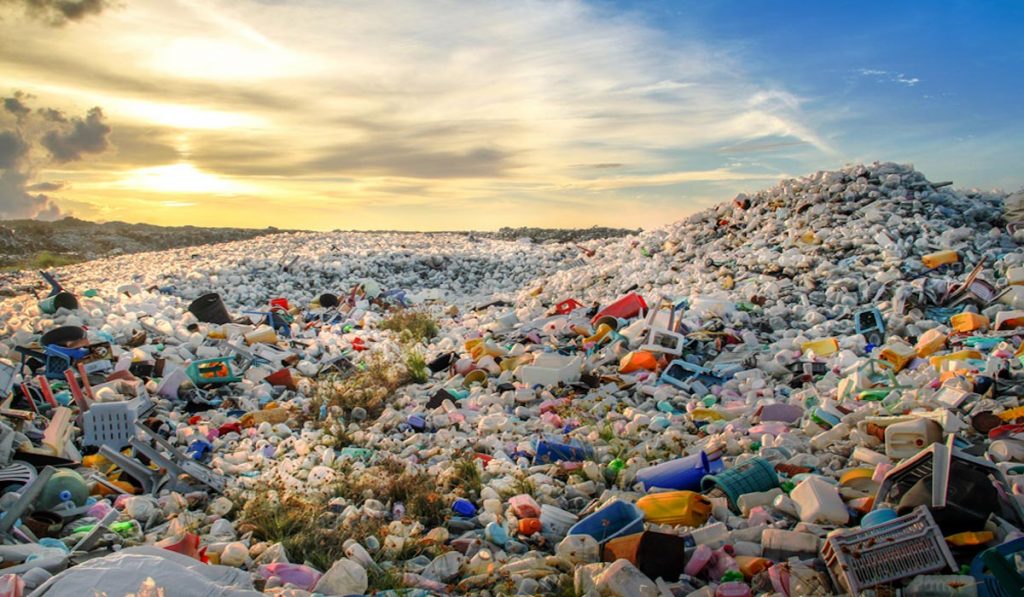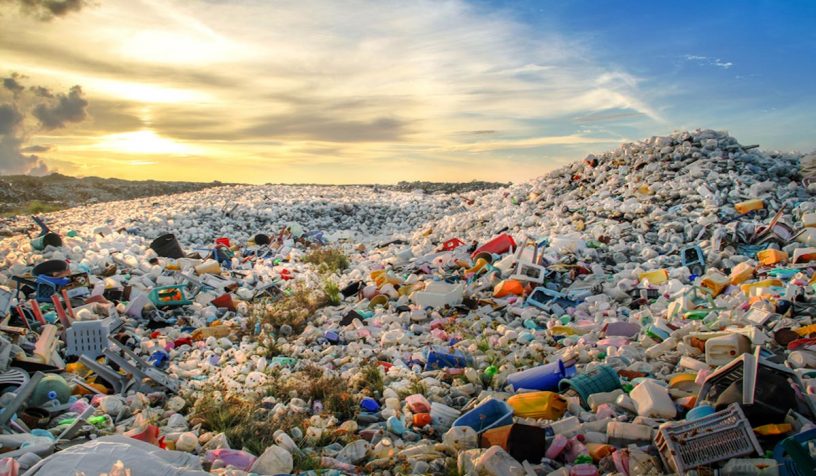
Environmental concerns do not directly influence choice behavior, but perceived consumer effectiveness directly affects choice behaviour, finds the study.
Authors:
Pradeep Kautish, Department of Marketing, Institute of Management, Nirma University, Ahmedabad, Gujarat, India.
Rajesh Sharma, Symbiosis Centre for Management Studies, Nagpur, Constituent of Symbiosis International (Deemed University), Pune, Maharashtra, India.
Sachin Kumar Mangla, Jindal Global Business School, O.P. Jindal Global University, Sonipat, Haryana, India.
Fauzia Jabeen, College of Business, Abu Dhabi University, Abu Dhabi, United Arab Emirates.
Usama Awan, Industrial Engineering and Management, Lappeenranta-Lahti University of Technology, Lappeenranta, Finland.
Summary
Globally, plastic production and consumption have led to a large amount of plastic waste. Plastic solid waste poses a serious menace to the environmental wellbeing. Plastic pollution is a matter of great concern for planetary creatures as plastic consumption is detrimental to human and animal welfare.
The present research investigates the empirical relationships among environmental concern, perceived consumer effectiveness, connectedness to nature, love for nature, and choice behavior for plastic consumption.
The hypothesized relationships are conversant with the norm activation model (NAM), and the theoretical framework is based on the Biophilia Hypothesis. The research tested the hypotheses employing a covariance-based structural equation modeling. The cross-sectional data was collected via an online survey with 745 respondents from across the country, viz., India.
The findings propose that environmental concern and perceived consumer effectiveness drive connectedness to nature and love for nature, with perceived consumer effectiveness being the critical construct in both conditions. Environmental concerns do not directly influence choice behavior, but perceived consumer effectiveness directly affects choice behavior.
In comparison, perceived consumer effectiveness have the strongest effect on connectedness to nature and love for nature. In addition, connectedness to nature and love for nature partially mediate the relationship of environmental concern and perceived consumer effectiveness with choice behavior for plastic consumption in an emerging economy.
Published in: Resources, Conservation and Recycling
To read the full article, please click here


